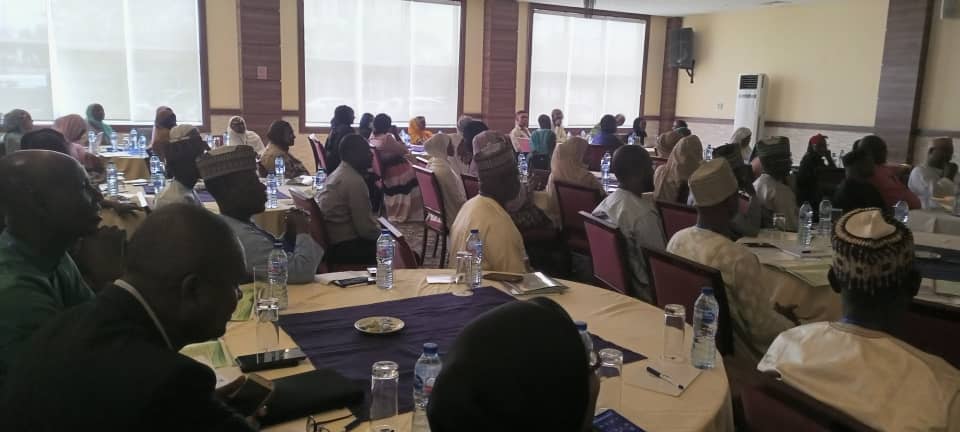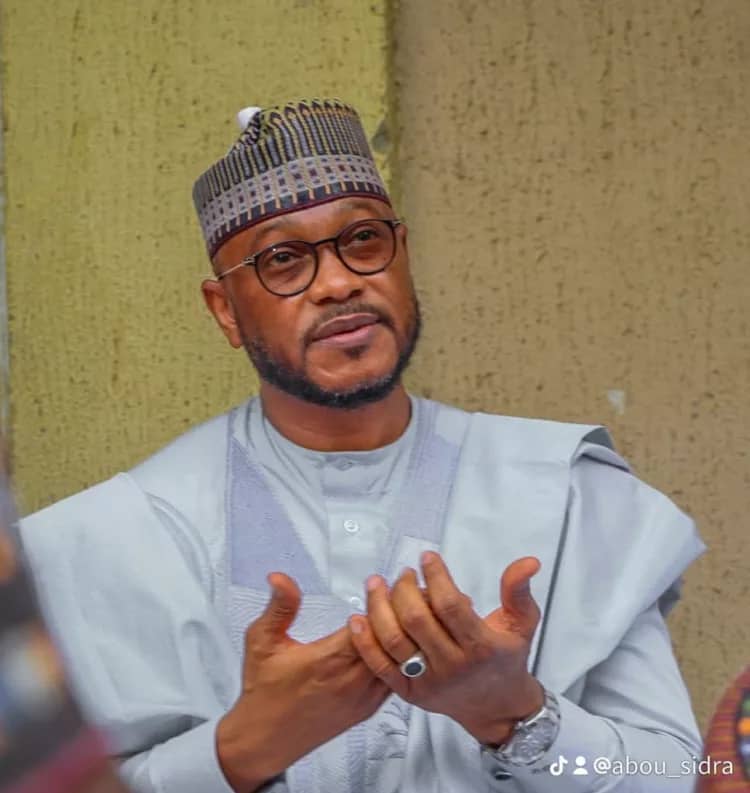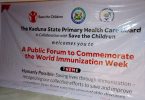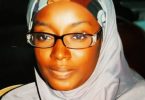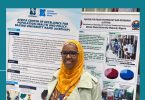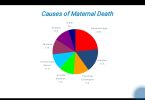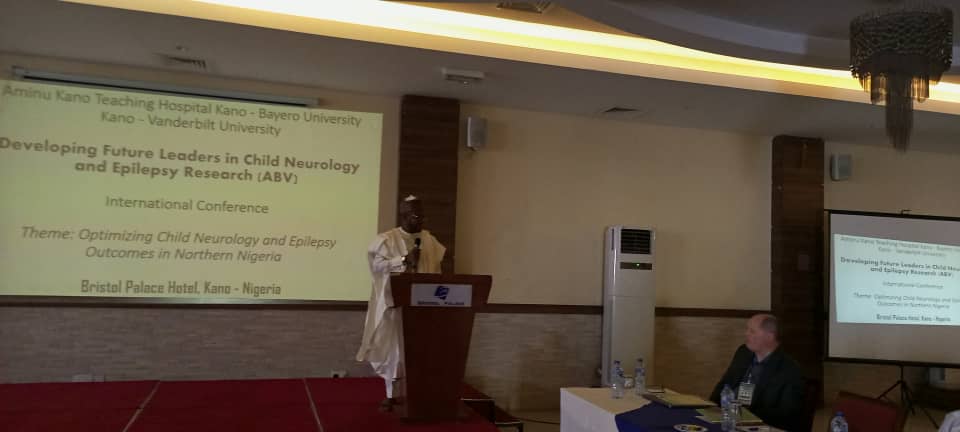
Aminu Kano Teaching Hospital (AKTH), Bayero University Kano (BUK), and Vanderbilt University Tannessee US, has organized a workshop on child neurology and epilepsy research (ABV).
Declaring the workshop open, the Vice Chancellor Bayero University Kano, Professor Sagir Saleh, represented by Deputy Vice Chancellor, Management Services Professor Mahmud Umar Sani maintained that, the grants paved way for research that had positively impacted on many lives globally.
He described the conference as timely, and reiterated BUKs commitment, in providing the necessary support, to move Nigeria’s healthcare delivery to international standards.
In his remarks, the Chief Medical Director Aminu Kano Teaching Hospital, Professor Abdurrahman Abba Sheshe, pointed out that, the research has done a lot on the efficiency of healthcare professionals and citizens.
Represented by the Chairman Medical Advisory Council (CMAC), Professor Auwalu Umar Gajida, he however stressed that, the high cost of hydroxyurea is alarming, as most of the healthcare in Nigeria, is out of pocket expenditure.
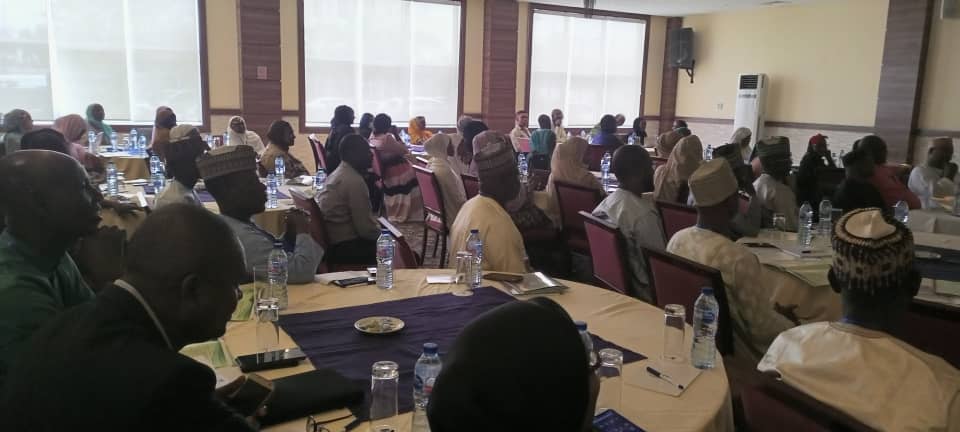
Professor Edward Trevathan of Neurology and Paediatrics Vanderbilt Institute for Global Health noted that, the collaboration between AKTH and others has yielded positive results.
Presenting a paper titled: Primary stroke prevention among children with sickle cell disease: Professor Shehu Abdullahi of BUK, said about 15,000 children with sickle cell in Nigeria have a high risk of having stroke.
He hinted that, collaboration between Vanderbilt institute for Global Health, AKTH, BUK, ABU and Federal Neuropsychiatric Hospital Kaduna with support from U.S National Institutes of Health, has developed major research teams in childhood stroke prevention and epilepsy.
Some of the participants who spoke to Radio Nigeria, Professor Zubairu Iliyasu and Fatime Kyari said it is the first international conference in child neurology and elilepsy in Nigeria.
The conference themed ‘optimizing child neurology and epilepsy outcomes in northern Nigeria’, witnessed large turn out of healthcare professionals drawn from within and outside the state.
KHADIJAH ALIYU

